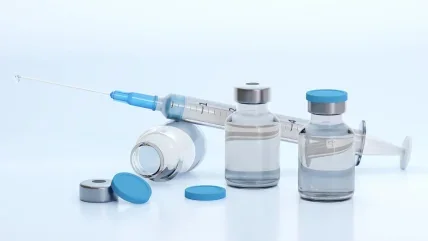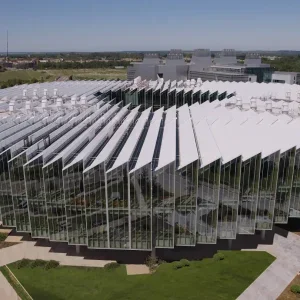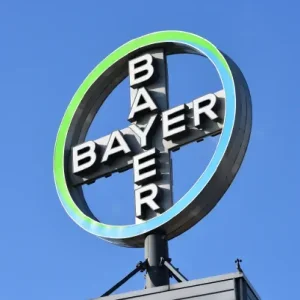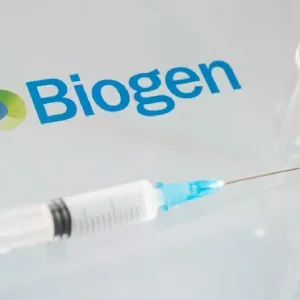
US-based vaccine maker Dynavax Technologies has launched a Phase 1/2 clinical trial of Z-1018, its investigational vaccine being developed for the prevention of shingles (herpes zoster).
Dynavax started the Phase 1/2 study by dosing the first participants with its experimental vaccine candidate to protect against shingles, a disease caused by the varicella-zoster virus.
The randomised, active-controlled, dose escalation, multicentre trial will enrol around 440 healthy adults, aged 50 to 69 years at trial sites in Australia.
It is designed to evaluate the safety, tolerability, and immunogenicity of its Z-1018 compared to Shingrix, an FDA-approved shingles vaccine manufactured by GlaxoSmithKline (GSK).
The primary objectives of the clinical study include selecting the optimal glycoprotein E (gE) protein dose level and dosing schedule for further clinical development.
Dynavax chief medical officer Rob Janssen said: “We believe there is an opportunity to develop an improved shingles vaccine with a significantly better tolerability profile compared to the market-leading shingles vaccine.
“One of the unique advantages of our vaccine candidate is CpG 1018 adjuvant’s established safety and tolerability profile, combined with its ability to induce strong CD4+ T-cell responses, which are thought to be critical in preventing the reactivation of the herpes zoster virus.”
Shingles is an extremely painful disease caused due to the reactivation of a latent varicella-zoster virus infection, the same virus that causes childhood chickenpox.
It is characterised by attacks leading to potential complications including chronic pain.
Dynavax will use the Phase 1/2 trial to support the validation of a Patient Reported Outcome measurement tool to differentiate Z-1018 on tolerability and to support potential label claims.
The company expects the vaccine’s top-line immunogenicity and safety data in the second half of 2025, including a comparison of CD4+ T-cells one month after two vaccine doses.
Dynavax also develops and commercialises other vaccines, such as the HEPLISAV-B vaccine for the prevention of infection caused by all known subtypes of hepatitis B virus in adults.






